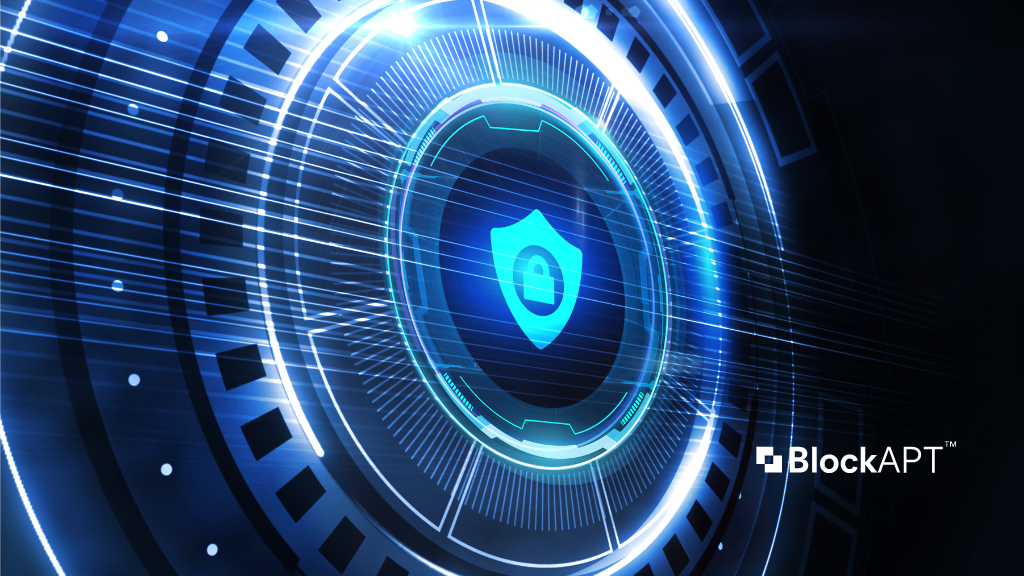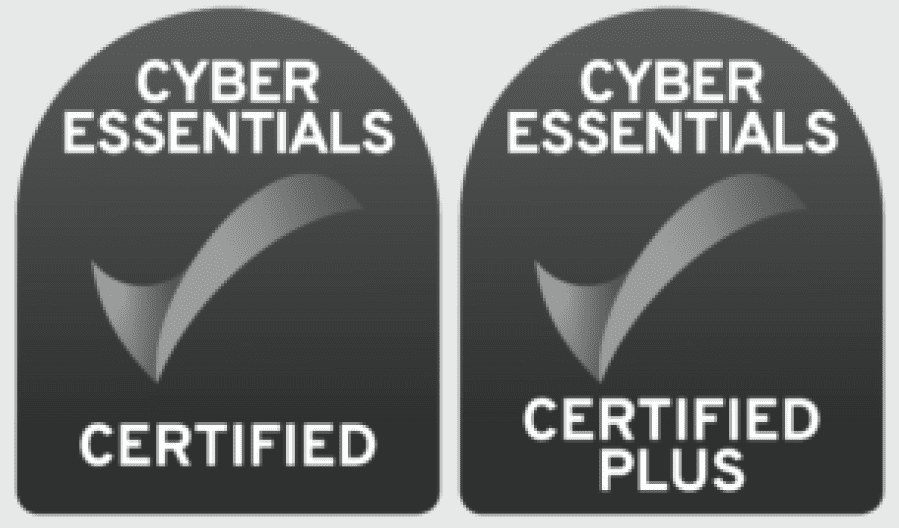[Exploring the ways in which quantum technology is poised to transform cryptography, and whether it will lead to unbreakable systems]
In recent years, quantum technology has emerged as one of the most exciting areas of research and development for cybersecurity. With the potential to create ‘unbreakable’ encryption, quantum security is a topic which fascinates me.
Is quantum technology poised to transform encryption? Will it really be unbreakable? What’s the potential for quantum security and what are the challenges that come with it?

What is Quantum Security?
To understand quantum security, it’s important to first understand quantum computing. At a basic level, quantum computing uses the principles of quantum mechanics to create a new kind of computer that can perform certain kinds of calculations much faster than traditional computers. This is due to the fact that quantum computers use qubits, or quantum bits, which can exist in multiple states simultaneously, unlike classical bits which can only be in one state at a time.
Qubits, or quantum bits allow quantum computers to perform certain tasks much faster than traditional computers, as they can perform many calculations simultaneously. For example, a quantum computer could crack the encryption keys used to protect sensitive information much faster, something that would take traditional computers billions of years.

For example, in the case of cryptography, quantum computing has the potential to make current encryption methods obsolete, as it can easily break down complex algorithms that are currently considered secure.
However, quantum technology also has the potential to create new forms of encryption that are much more secure than anything we’ve seen before.
This is where quantum security comes in. Quantum security refers to the use of quantum technology to create encryption methods that are virtually unbreakable, even by quantum computers.

How does quantum security work?
To understand how quantum security works, I’ve had to get my head around the basics of encryption. Encryption is the process of transforming information into a code, or cipher, that can only be read by someone who has the key to unlock it. This key is usually a string of characters that is used to encrypt and decrypt the message.
In traditional encryption, this key is usually a long complex combination of letters, numbers, and symbols that are used to scramble the message. However, with the power of quantum computing, this kind of encryption is vulnerable to being broken down.
Quantum encryption, on the other hand, uses the principles of quantum mechanics to create a key that is virtually unbreakable. This is because quantum encryption relies on the principle of quantum entanglement, which is the idea that two particles can be connected in such a way that the state of one particle affects the state of the other particle, no matter how far apart they are.
In quantum encryption, two entangled particles are used to create a key that is shared between two parties. This key is then used to encrypt and decrypt the message. The key is generated in such a way that any attempt to intercept it would cause the particles to become unentangled, thereby destroying the key and rendering the message unreadable.
The result of this process is a form of encryption that is virtually unbreakable. Even with the power of quantum computing, it is impossible to break the key without destroying it in the process.
What are the benefits of quantum security?
The benefits of quantum security are clear. With the potential to create unbreakable encryption methods, quantum security has the potential to protect sensitive information and data from prying eyes – whether they are criminals or state-sponsored hackers.
In addition, quantum security could also help to protect the integrity of data, as it can detect attempts to tamper with data-at-rest or data-in-motion. This could be particularly important in industries where data is critical, such as finance, healthcare, and government. In a nutshell – it has the potential to transform the way we think about data security.
In finance, for example, quantum security could be used to create a more secure payment system that would be resistant to fraud and data theft. In healthcare, it could be used to protect patient data and medical records, which are currently vulnerable to cyberattacks. In government, it could be used to protect national security secrets and classified information.
In addition to these benefits, quantum security also has the potential to create new forms of encryption that are much more secure than anything we’ve seen before. This could and is leading to the development of new technologies and applications that would be impossible with traditional encryption.
What are the challenges of quantum security?
However, there are also significant challenges to developing and implementing quantum security. One of the biggest challenges is the fact that quantum computers themselves can also break quantum encryption. This means that the race to develop unbreakable quantum encryption is not just about creating new encryption methods, but also about developing quantum computers that are secure.

In addition, quantum security is still in the large part in early stages of development, which means that it is not yet widely available. This makes it difficult for companies and organisations to implement, as I understand they will need to upgrade their entire infrastructure in order to support quantum security.
Then there’s the issue of cost. How much is it going to cost an organisation to implement this quantum security over and above their traditional encryption methods?
Finally, there is also the challenge of educating people about quantum security. Because it is a new and complex technology, many people may not fully understand what it is or why it is important. I must admit I’m still on a steep learning curve in this area but one thing which I do know and passionately believe in is this. There is a widely recognised shortage of people with cybersecurity and quantum security skills and expertise so we must continue to raise awareness and share knowledge to bring our generations of tomorrow up to speed. This will help to promote the adoption of quantum security measures and create a more secure digital world.
Quantum security is an exciting and promising new area of development in the world of information security. With the potential to create unbreakable encryption methods, it has the potential to revolutionise the world of information security, offering unbreakable encryption and enhanced protection for sensitive data and information from cyber criminals.
I believe there must be strong collaboration and cooperation between researchers, developers, businesses and government bodies. Public-Private Partnerships (PPP) as Chuck Brooks mentions in his insightful interview with me, will need to be addressed. By working together, it is possible to accelerate the development and implementation of quantum security, making it more widely available and affordable.
By promoting awareness and understanding of quantum security, we can create a more secure, digital world for everyone.
Allow me to be direct – quantum security is not just a matter of protecting data, it’s a race against time and the inevitability of progress is something we should all be looking forward to.










